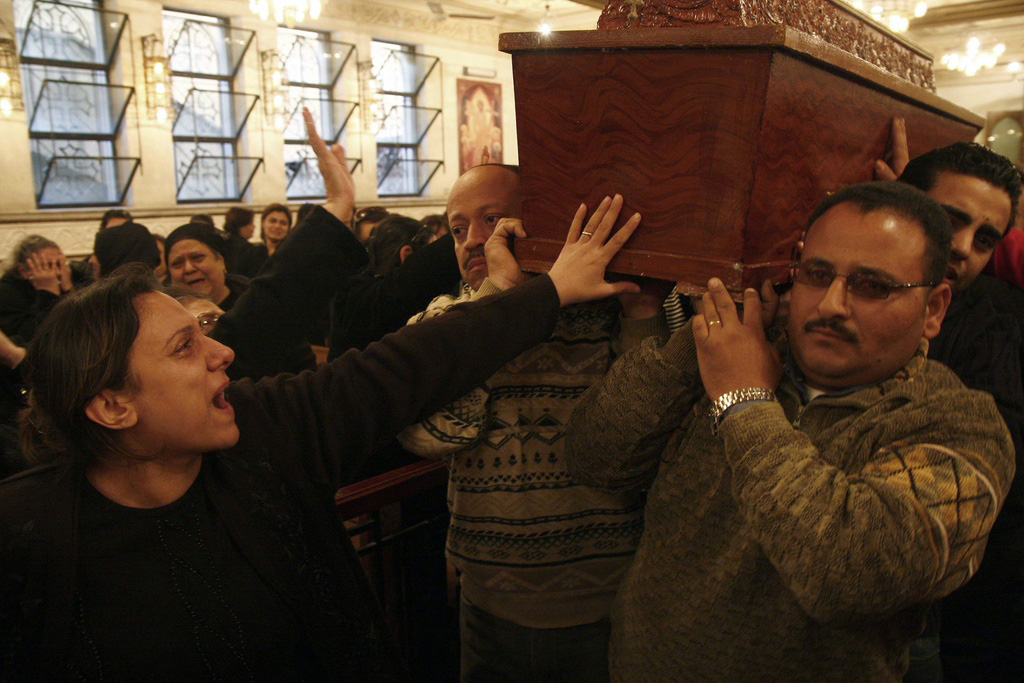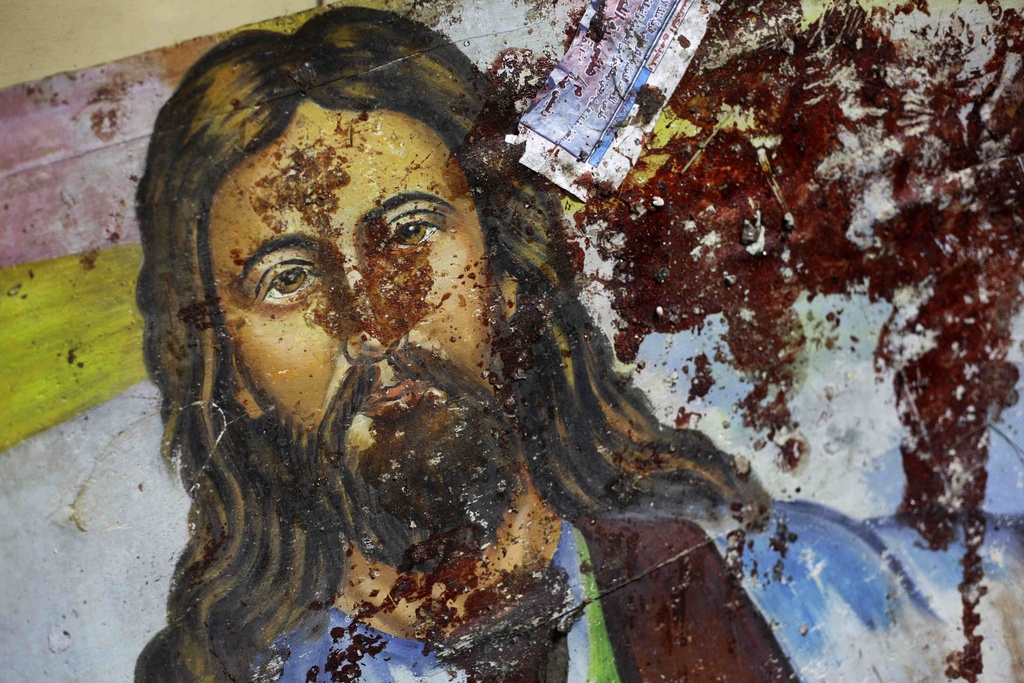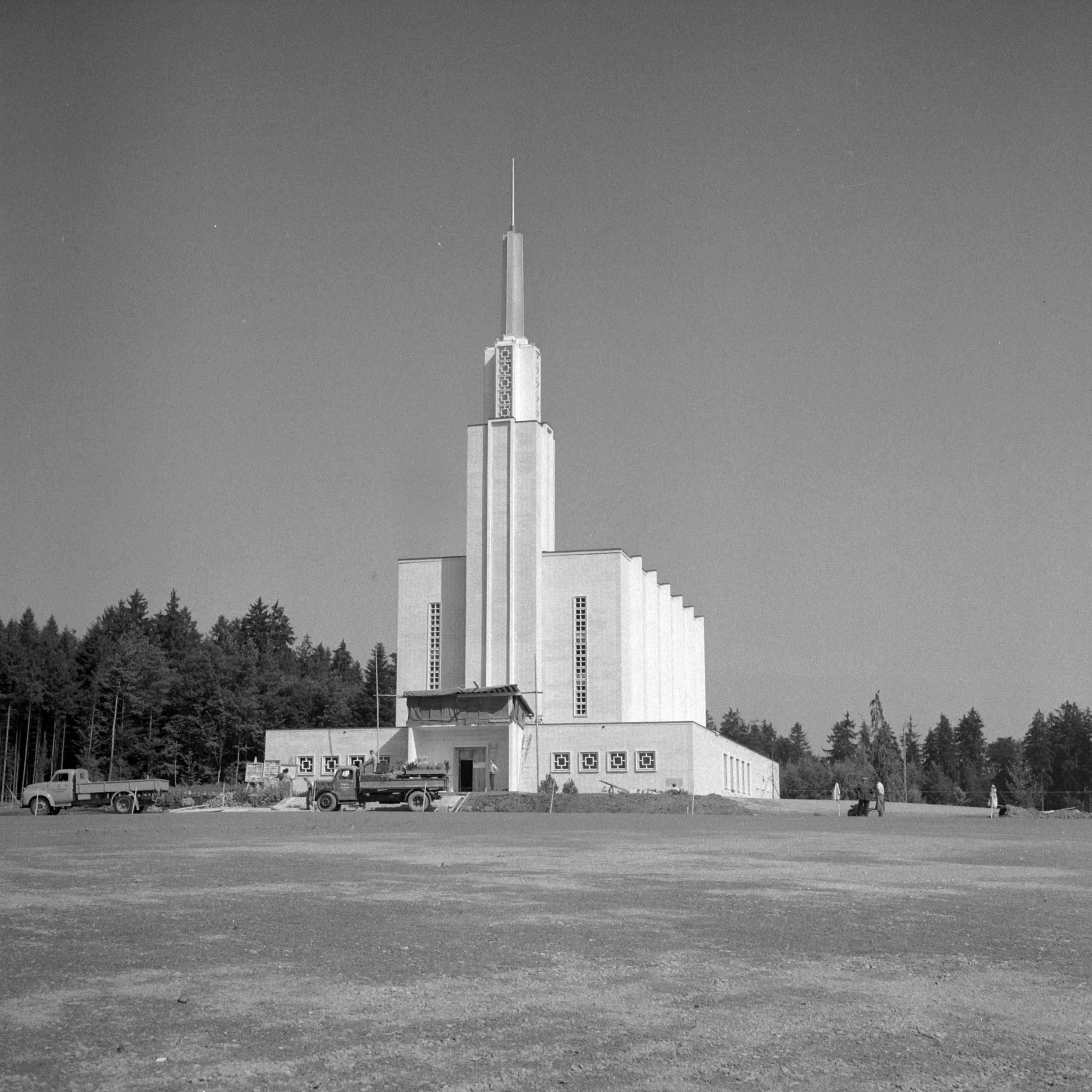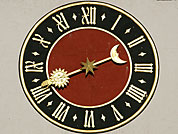“A stable world is in everyone’s interests”

Following attacks on Coptic Christians in Egypt and Christians in Iraq, a diplomat tells swissinfo.ch how Switzerland is trying to combat religiously motivated violence.
Claude Wild is head of a political division within the foreign ministry concerned with religion, politics and conflict.
On January 6 an attack outside a Coptic church in Alexandria, Egypt, killed 23 people and left dozens wounded.
And Iraq is experiencing an exodus of Christians following attacks there at the end of last year.
swissinfo.ch: Switzerland is involved in peace work and supports the harmonious coexistence between people of different religions and worldviews. Why?
Claude Wild: It belongs to the Swiss tradition of standing up for peace, human rights and vulnerable people. Second, it’s in our own interests to live in a stable world. Foreign policy is a policy of protecting interests. We are a country that needs security – it’s also necessary for safeguarding our prosperity.
A stable world, in which international rules are upheld and people of different worldviews and religions can live in peace, is in the interest of not only people who suffer but of everyone.
swissinfo.ch: Is Switzerland currently active in Egypt or Iraq?
C.W.: Neither country is a priority region of Switzerland’s peace work – many other countries are active there. We have however carried out a human rights project in Iraq in which we offered officials training in the area of human rights so they could expand their knowledge of protecting minorities and religious freedom.
We’re also busy with a pilot project in Egypt co-run by Islamic women and a Christian non-governmental organisation from Switzerland. They cooperate on humanitarian issues, developing projects and getting to know the other religion and worldview in a really natural and practical way. This approach is typical of our “religion and conflicts” work – we call it “dialogue in practice”.
swissinfo.ch: Is Swiss involvement not perceived as interference?
C.W.: No. We don’t have any “hidden agenda” and we were never a colonial power. We’re interested in a stable world but we’re not playing power politics. And our projects are always agreed upon. We never do anything of which a government is unaware. Also we’re frequently asked to help.
swissinfo.ch: Has the potential for conflict between Islam and Christianity increased? Why has the situation escalated now?
C.W.: Over past decades the number of Christians in the Middle East has constantly dwindled. In some countries the Christian minority is respected, for example Jordan, Lebanon and Syria. In others they’re in a tricky situation as a result of their country’s instability. But other minorities are in the same boat.
This is the case in Iraq, where Christians aren’t displaced by the state but by the general instability. The Iraqi population as a whole is suffering equally under Islamic extremists.
The state has said it protects minorities, but it can’t enforce this. What’s more, there’s currently a power struggle going on among Muslim communities. The Shiites were oppressed for a long time and are now demanding their share of power. There were Christian ministers in Saddam Hussein’s government who are now considered accomplices of the former regime, which could also lead to acts of revenge on Christians.
The West needs to bear in mind that Christians in the Middle East aren’t immigrants forming an extension of the West – they have always lived in the region. Extremists are now trying to create a false impression by describing them as foreigners.
swissinfo.ch: Is religion central to conflicts, or is it a side issue?
C.W.: Religion certainly plays a role in conflicts, but often it is used in order to distinguish one group from another or to strengthen a group’s identity. By and large these groups persecute others as purely religious targets.
History shows that conflicts are always about power and the control of land and resources. Religion is often used with the express intention of attracting people in droves. Religion is used in the power game of politics.
The Copts of Egypt make up an estimated 6 to 10% to the 80 million inhabitants in the country.
Copts believe that the Coptic Orthodox Church was founded by the Apostle Mark. It dates from the time that Egypt was integrated into the Roman Empire after the fall of the last Pharaoh dynasty. In ancient Greek, the word “Copt” has the same root as the word “Egyptian”.
The decline of the Copts coincides with the Arab invasions of the 7th century and the progressive change of the country into a Muslim one. Copts are to be found across the country and across all social strata. Among them numbers the former United Nations Secretary-General Boutros Boutros-Ghali.
The Copt diaspora, formed of people who have mostly emigrated since the 1960s, numbers around 2 million and is principally found in the United States, Canada and Australia.
In Switzerland there are around 300-400 Copt families, especially in Zurich, Geneva, Lausanne, Biel and Yverdon.
(Adapted from German by Thomas Stephens)

In compliance with the JTI standards
More: SWI swissinfo.ch certified by the Journalism Trust Initiative





You can find an overview of ongoing debates with our journalists here. Please join us!
If you want to start a conversation about a topic raised in this article or want to report factual errors, email us at english@swissinfo.ch.